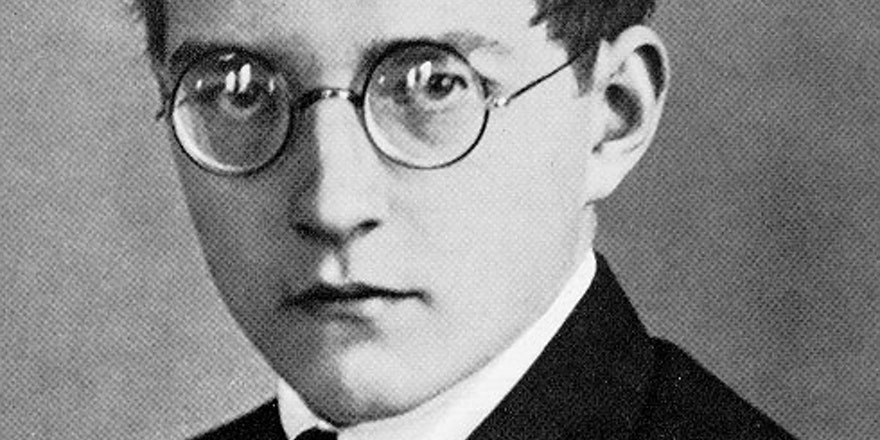Earlier this month, Mrs. Sutton’s AP English Literature class began to explore Russian history and culture before reading George Orwell’s famous political commentary Animal Farm. To contextualize pre-revolution Russia, students listened to music from famous Russian composers, including Shostakovich, whose unique and bold music challenged the status quo. To learn more about his compositions, Mrs. Sutton invited guest experts Mr. Bell and Ms. McGuire. Mr. Bell, who has conducted some of Shostakovich’s work, spoke to the class about Shostakovich’s unique sound and impact on Soviet society. Shostakovich was dedicated to telling important stories through his music, even if that meant he was put in danger. The class also heard from Ms. McGuire, who has played Shostakovich’s famous work. She wrote a statement about her experience with Shostakovich’s compositions:
There is little music known to me that haunts, twists and turns, and leaves palpable discomfort and conflict as that of Shostakovich. There is so much longing, despair and hope, and sorrow and joy in Symphony No. 5. There are moments of pure beauty that are followed by a darkness that you feel in your bones! As a musician, playing works like this feels, at times, intimidating as I feel both the pressure and the excitement of attempting to play the notes and honor his musical intentions while expressing the heaviness, the sudden lightness, and mixed emotions in between. It can be overwhelming and jarring to perform Shostakovich; I liken it to musical whiplash because you just don’t see what’s coming.
For me, I aspire to be a living translator of music; I tend to get lost in the high tide of emotions that toss us around. I don’t wish to just play the notes on time and in tune, and I don’t wish that for my students, either. It may be one perspective, but mine is that the instrument is the transmitter of a composer’s message. Musicians are storytellers. We are helping keep history alive through the storytelling and lyricism and angst that lies in the notes. The musician is the translator and decodes the work, practicing until it’s ready to be told like a story. Those who wish to hear the story attend the performance. I believe that being a musician is an immeasurable opportunity to speak one language to people from everywhere and anywhere. At times, performing music feels like the ultimate form of expression as its power and many shades of energy are all-consuming but always felt universally by the heart. It is exhilarating, and musicians expend a great amount of energy, but it is always worth the effort.
In Shostakovich Symphony 5, and similarly to many of his works, the struggle so vividly, so wildly, and painfully displayed in his music. He makes the instruments and musicians his messengers as if publicly showing both support and disdain for the present-day turmoil and oppression. Speaking his mind might have ended badly, but setting his words to music became the way Shostakovich was able to legitimately express himself; it was musical activism. The music was a means for self-expression while he hid behind the curtain of artistry and mastery. I think Shostakovich was begging his audience to listen to the cries of injustice. As musicians, we are honored to rebirth a composer’s masterpiece and message to the best of our ability.
Many meanings here, but this quote speaks to me:
-Love is the motive, but justice is the instrument.
~ Reinhold Niebuhr











